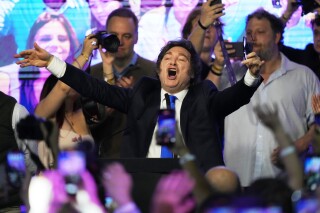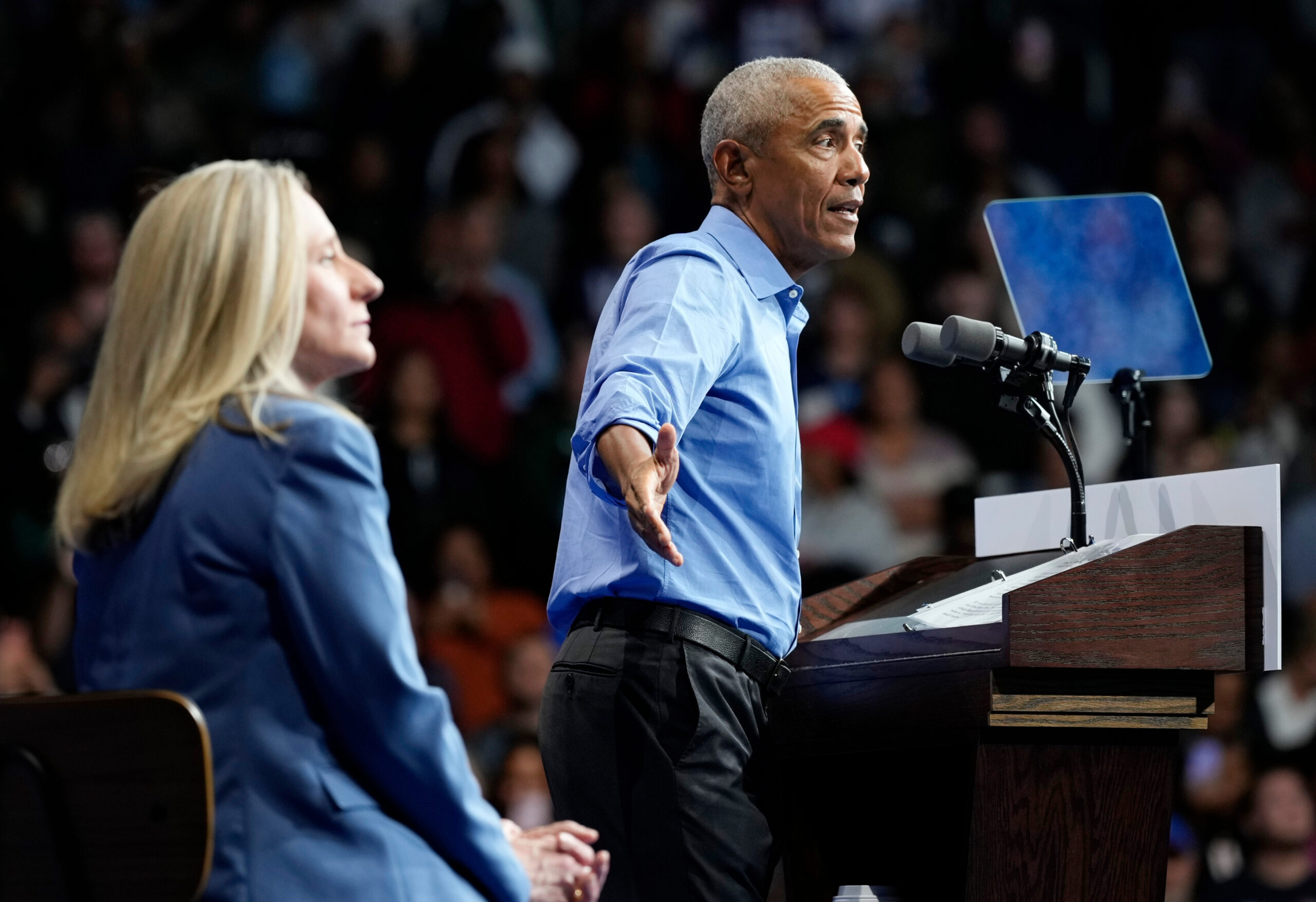Chief of Staff Resigns as President Milei Prepares Major Shake-Up

UPDATE: In a stunning political shift, Argentina’s Chief of Staff Guillermo Francos has resigned just days after President Javier Milei‘s party secured a decisive victory in midterm elections on July 10, 2023. This unexpected move signals a major Cabinet overhaul as Milei prepares to accelerate his radical reform agenda.
Franco’s resignation was announced on Friday, mere days after the elections, allowing Milei to “face without constraints the stage of government that begins after the national elections.” The resignation not only clears the way for new leadership but also suggests a potential reshaping of the administration’s strategic direction.
With the newly elected La Libertad Avanza party gaining momentum and an injection of $40 billion in pledged funds from a supportive Trump administration, Milei is poised to implement sweeping economic reforms. Following Francos’ exit, Manuel Adorni, known for his combative style and strong advocacy for Milei’s policies, is set to take over as Chief of Staff. This change reflects Milei’s commitment to energizing his administration after a surprising electoral victory that exceeded expectations.
Franco’s departure comes amid speculation of broader changes in the Cabinet, a common occurrence in Argentina following elections. Interior Minister Guillermo Catalán also announced his resignation on the same day, signaling a complete shift in leadership dynamics.
Milei expressed gratitude towards Francos for his contributions over the past two years, which included navigating complex negotiations with Congress for essential economic reforms aimed at reducing fiscal deficits. The new Chief of Staff, Adorni, is expected to bolster the administration’s efforts to streamline labor markets and revamp the intricate tax system—a daunting challenge for any government.
Despite the electoral boost, Milei’s party still lacks a majority in Congress, making alliances with centrist parties crucial for advancing his free-market policies. The urgency of the situation is underscored by Milei’s recent meeting with 20 of Argentina’s 24 governors, excluding those from the opposition Peronist movement. In a recent interview, he stated, “It’s very hard to have a reasonable dialogue. We can’t sit down with people for whom two plus two doesn’t equal four,” highlighting the tension between his administration and the opposition.
As this political landscape evolves, all eyes will be on Milei’s next moves and how he navigates the complexities of coalition-building to push forward his ambitious economic reforms. The coming weeks will be critical as the new administration sets its agenda against the backdrop of a country grappling with economic challenges.
Stay tuned for further updates on this developing story, as the implications of these leadership changes could significantly impact Argentina’s economic future.






